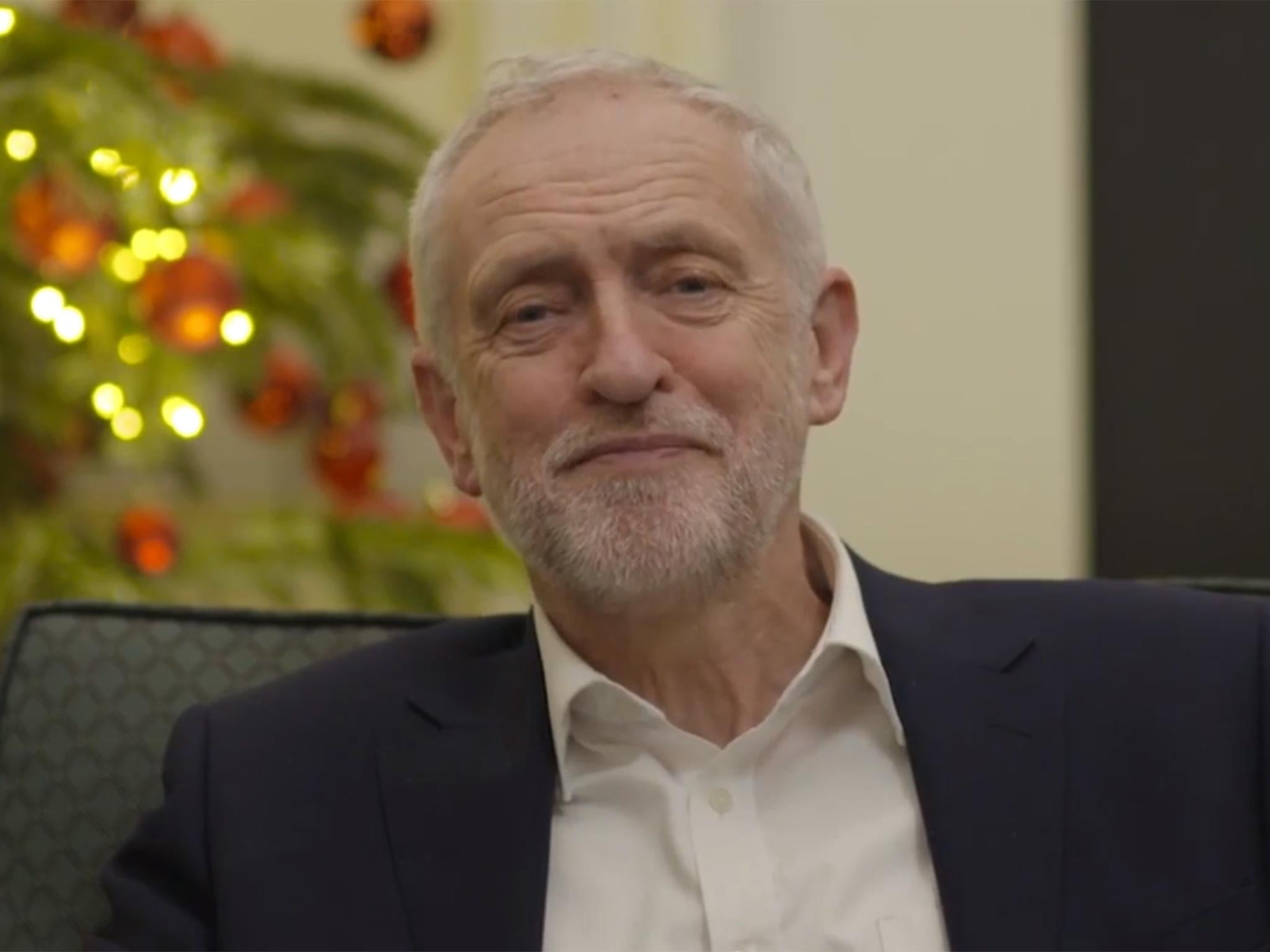After such unexpected success in 2017, what does Jeremy Corbyn have planned for 2018?
All eyes in Labour are on the prize: winning the next election

Your support helps us to tell the story
From reproductive rights to climate change to Big Tech, The Independent is on the ground when the story is developing. Whether it's investigating the financials of Elon Musk's pro-Trump PAC or producing our latest documentary, 'The A Word', which shines a light on the American women fighting for reproductive rights, we know how important it is to parse out the facts from the messaging.
At such a critical moment in US history, we need reporters on the ground. Your donation allows us to keep sending journalists to speak to both sides of the story.
The Independent is trusted by Americans across the entire political spectrum. And unlike many other quality news outlets, we choose not to lock Americans out of our reporting and analysis with paywalls. We believe quality journalism should be available to everyone, paid for by those who can afford it.
Your support makes all the difference.The last year has been one of euphoric relief for the left. What felt like eons of grim foreboding, with activists digging in for the locust years ahead – austerity, bargain basement capitalism, Brexit rampage – abruptly broke into sunshine and singing.
Britain didn’t become a decent country overnight. The cruelties of 21st century capitalism, with its stagnant productive base, its crisis-ridden housing system, and fiscally bled public sector, are still here. Grenfell was still turned to a scorched, skeletal hulk. It is because, with Labour’s unexpected surge, another side to the country, new possibilities that we didn’t know existed, coalesced in a few spring weeks.
The result didn’t come from nowhere. It was a vindication of the strategy outlined by Corbyn when he won the leadership in 2015. To rebuild its electoral base, Labour had to rebuild itself as a membership party. It had to recruit previous non-voters, above all the young and the poor, shamelessly written off by pollsters and most politicians. It had to move sharply to the left, and stop trying to appease the media and the Conservatives.
Corbyn’s point has been proven, far more quickly than even his supporters expected. More importantly, the form of organised distrust of the members evinced by the old managerial guard, has been discredited. Labour’s members have shown more insight into contemporary Britain than the majority of MPs. And finally, after many years in which activists themselves distrusted the party form, it proved its worth: for all its limits, this scale of organisation can change the country.
Understandably, all eyes in Labour are on the prize: winning the next election. Corbyn has said that he expects an election in 2018, and that Labour would gain a majority. The contrast with the traumatised Tories is clear. And being in permanent campaign mode suits Corbyn, as it prevents him from being boxed in his role. The question is, even if an election happens and Labour were to win, what then becomes of the rest of Corbyn’s agenda?
It was never sufficient to win an election from the left. Any radical government would encounter opposition from entrenched political and business power. It needs an active and organised base to sustain it against this pressure. Corbyn knows this, hence his pledge to reform Labour to enable the organising abilities of the grassroots – not, as in New Labour days, send them out door-knocking with a script.
Labour has more than half a million members, and their ferment has excited millions outside the party. By giving people a sense of their potential power, it has broken the pervasive hopelessness. That exuberance could be used to help people get organised.
For example, Labour’s commitment to reverse the anti-union laws can help reverse stagnant wages – if Labour activists are empowered to help workers unionise. Labour’s commitment to affordable housing and better regulation can give tenants a shield against landlord exploitation – if Labour activists are enabled to organise them. Health staff can defend the NHS, if Labour activists in the health service are listened to. The argument on immigration can be won if Labour’s confident young anti-racists lead the argument.
Yet the energy will dissipate, and demoralisation will prevail if members feel that they are being systematically excluded from real power over policymaking. As a windfall of the election, some cautious reforms were achieved at Conference – reducing the PLP’s veto, and increasing members’ representation on the National Executive Committee.
After two years of defensive battle, the Corbynistas now have breathing space to work out a comprehensive agenda for party reform. And it is urgent that they do so.
Join our commenting forum
Join thought-provoking conversations, follow other Independent readers and see their replies
Comments